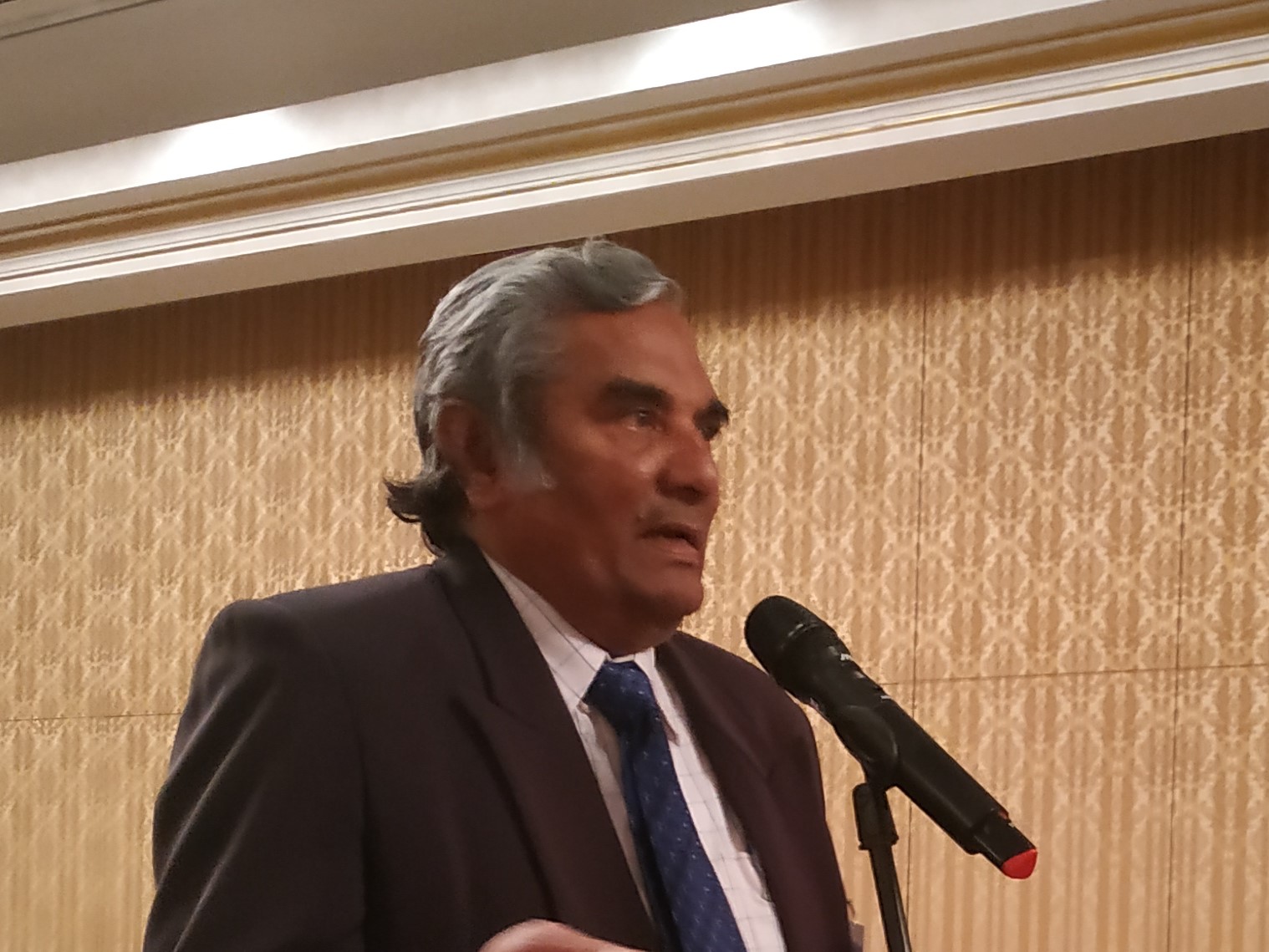KUALA LUMPUR, April 15 — The Malaysian Medical Association (MMA) objected against a pharmacist group’s proposal to separate medicine prescribing and dispensing, saying this may be implemented only in a single-payer health system.
The doctors’ body noted that former Health Minister Dr S. Subramaniam previously said that separating prescribing and dispensing functions to doctors and pharmacists respectively was not feasible in private health care because it would be inconvenient and increase costs.
“MMA does not support Dispensing Separation (DS) at this point of time. DS may be applicable when a one-payer system (national health financing) is in place,” MMA president Dr Mohamed Namazie Ibrahim told CodeBlue.
Malaysia’s health care system is multi-payer with various public and private sources paying for care, such as the Health Ministry, the Education Ministry, private insurance, and corporations, unlike single-payer systems in countries like the United Kingdom or Taiwan where health care payments are borne by one payer, the government.
Health care in the UK is primarily funded by general taxation, whereas Taiwan uses social health insurance with premiums paid by the government, employers, and workers.
Dr Namazie also pointed out that consultation fees for general practitioners (GPs) operating shop lot practices have yet to be matched with their counterparts working at private hospitals, whose consultation fees were raised to between RM35 and RM125 in 2013. The consultation fee of GPs working in private clinics remained fixed at between RM10 and RM35 since 2006.
Dr Namazie said GPs’ consultation fees should be automatically reviewed on a yearly basis or every three years, “unlike now whereby the government has not reviewed the GPs fees for the last 12 years while the prices for regulatory compliance, rental, utility, consumable, pharmaceuticals and salary etc is on the rise.”
“DS will increase the cost and inconvenience the patient. Any change in policy must benefit the patients ultimately. We hope this is not another trade issue masked behind patient care,” he said.
When asked if dispensing separation could lead to cheaper medicines due to competition among pharmacies, Dr Namazie said patients still had to pay the full cost of drugs at pharmacies besides doctors’ consultation fees.
“It is also inconvenient as the patient has to spend time and money to look for a pharmacy. The current system with one bundled fee is actually relatively cheap,” he said.
“If there is national health insurance with one-payer system, the doctors would be paid appropriately and the patient would be able to obtain the medication from a pharmacy. The inconvenience will still be there but the cost of medication will be covered by the NHI (national health insurance).
“Even today, the patient can ask for a prescription and need not buy the medicines from the clinic. But most patients prefer to buy from the clinic for the convenience,” Dr Namazie added.
The Malaysian Community Pharmacy Guild (MCPG) told the Pharmacy Renaissance Summit 2019 last month that it hoped for the separation of prescribing and dispensing medicines nationwide by 2025, after aiming to propose this to the Health Ministry by 2023.
The final draft of the Pharmacy Bill under the previous Barisan Nasional (BN) administration — which initially separated dispensing so that only pharmacists could dispense medicines — backtracked on dispensing separation and retained the current practice of allowing both doctors and pharmacists to dispense drugs, Dr Subramaniam said in 2017.
The Malaysian Pharmaceutical Society told the Pakatan Harapan government last July to reveal the Pharmacy Bill that has been classified as a state secret under the Official Secrets Act.
Health Minister Dzulkefly Ahmad has yet to give any indication about the Bill, reportedly saying only last October that the government may consider a hybrid system on prescribing and dispensing medicine.








